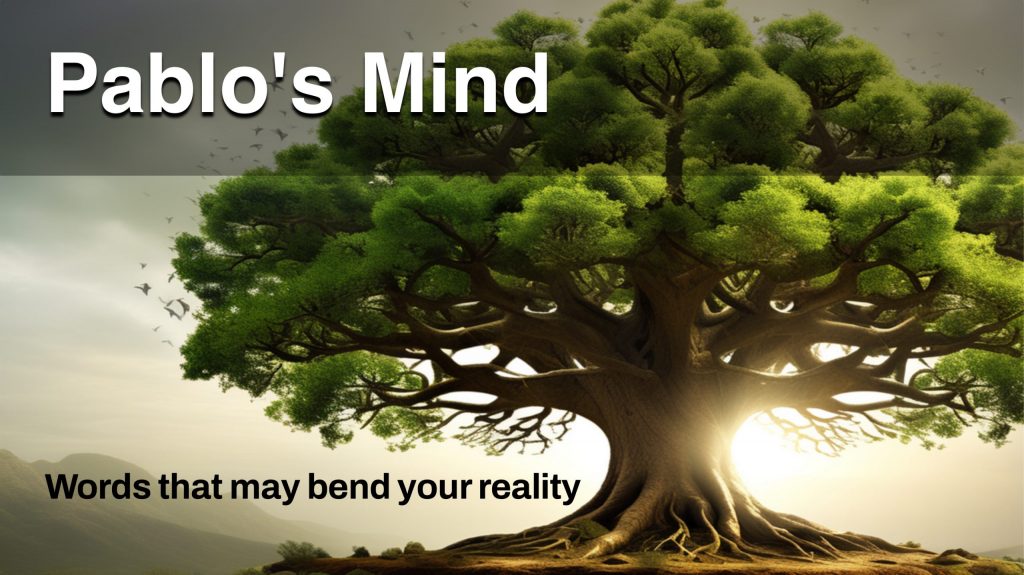For seekers of inner sovereignty, this is not a substitute for therapy or professional help
Something I Have Come to Learn
I should never judge another person’s point of view. We are all on the same journey, from the womb to the tomb, yet we are each at different stages in our bespoke journey with Source. A child in a school is learning different lessons than a youth in college, who is also learning different lessons than an adult in university.
In the same way, a homeless beggar is learning different life lessons than the CEO of a bank. Should the CEO look down on the beggar? Or should the beggar look up to the CEO? From an eternal point of view, both are in Earth’s classroom, here to learn, grow, and change. If the beggar is an old soul, his journey on Earth may be void of material trappings, and his path could be that of an ascended Master.
Often, deep challenges give the soul fertile ground for growth — but difficulty alone does not prove a person is spiritually advanced. What matters is how a person responds and what they learn. Sometimes hardship arises from choices, and sometimes from pain, trauma, or mental-health struggles. These are different realities; none make a person ‘less’ or ‘more’ at their core. Two people can arrive at the same circumstance for entirely different reasons and motives.
Save your judgment for the person in the mirror — use discernment to refine and improve yourself. Looking down on others is a habit born of fear or insecurity; compassion and curiosity are stronger teachers than criticism.
A person on the path of sovereignty benefits from focusing on their own inner work and healthy boundaries — while staying compassionate and available when others are in real need. There are two main focuses needed to be spiritually sovereign: one is to know yourself, the other is to accept yourself. And in some cases, there will be a need to forgive yourself before you can fully accept yourself.
If the Creator lives in you and through you, then an inward fellowship with that presence becomes central — not to the exclusion of others, but as the wellspring of your authority and healing. This is the version of you that is infinite and eternal, not your ego or human personality, but your heart, mind, and soul — the very essence and spirit of your being. Know it and accept it.
People who do not know themselves or accept themselves can end up following other people’s convictions, and instead of developing a spiritually sovereign version of themselves, they develop a spiritual clone of somebody else. There’s nothing wrong with modelling yourself on a teacher or tradition; it can be a doorway. Yet sovereignty blossoms when you take that teaching and make it a living truth in your own heart.
Becoming spiritually sovereign is hard without deep self-knowledge. Often, that work requires meeting the shadow parts of yourself with courage, patience, and good support. At this point, I would like to add: anyone intending to delve into the dark side of their soul and face their life’s traumas should be open to and willing to work with counsellors, therapists, and have access to professional advice. If this journey leaves you feeling suicidal, you must seek the support that can bring you through safely. If you’re “going through Hell,” keep going (a line often attributed to Winston Churchill).
When you sense the Eternal Source walking with you, and you become convinced you are not alone, you are not judged, and the path is not a dogmatic checklist, you may find you can breathe more freely into the work of becoming your most authentic self. Being spiritually sovereign means you stand before Source just as you are, warts and all, understanding you are fully accepted just as you are — fully embraced, completely understood. And the goal is to accept, embrace, and understand yourself, just as the Creator does.
This is much easier said than done. But you can begin simply: set aside five minutes a day, breathe deeply, and ask yourself — “Who am I beneath my roles, my fears, and my masks?” Write down what comes, without judgment. This is the doorway.

